The Santa Barbara Independent republishes stories from CalMatters.org on state and local issues impacting readers in Santa Barbara County.
As part of what it described as an ongoing investigation, the California attorney general’s office has sought answers from OpenAI about its reported plan to convert to a for-profit corporation and how it intends to transfer assets out of its existing nonprofit.
In a letter sent to the ChatGPT maker Dec. 6, deputy attorney general Christopher Lamerdin cited clauses in OpenAI’s articles of incorporation under which “OpenAI’s assets are irrevocably dedicated to its charitable purpose,” as Lamerdin put it, as well as the office’s “responsibility to protect assets held in charitable trust.” In addition to asking about asset transfers, it sought information on OpenAI’s restructuring plan and the value of its assets.
The attorney’s general’s office told CalMatters in an email, “The Department of Justice is committed to protecting charitable assets for their intended purpose and takes this responsibility seriously.”
The letter asked for a response from OpenAI by Jan. 8. Asked if the attorney general received such a response, a spokesperson wrote, “To protect its integrity, we’re unable to comment on an ongoing investigation.”
OpenAI did not answer questions on the record about the letter or its structure as an organization.
Allowing nonprofit OpenAI to repurpose its assets to earn a profit and attract investors could set a dangerous precedent, critics argue, allowing startups to enjoy the tax writeoffs of nonprofits even when they intend to eventually become highly lucrative, capitalist enterprises.
The debate over OpenAI’s business restructure comes at a time when the company is attempting to grow its influence. OpenAI increased spending on lobbying Congress sevenfold last year, and for the first time hired lobbyists to oppose bills to regulate AI in Sacramento.
In September, Reuters reported that OpenAI would move control of its core business from its nonprofit to a for-profit public benefit corporation. In November, Bloomberg reported that OpenAI was in talks with California’s attorney general over the shift.
The company confirmed at the end of December that it was considering a new structure and planned to set up a for-profit public benefit corporation, although it stopped short of saying it planned to move control into the for-profit entity.
OpenAI was founded in late 2015 with the backing of “PayPal Mafia” members like LinkedIn co-founder Reid Hoffman and Tesla CEO Elon Musk. Originally a nonprofit focused on benefiting humanity through research into artificial general intelligence, it created four years later a for-profit arm to appear more attractive to investors and pour billions of dollars into computing resources in order to train powerful AI systems. Profits flowing to that part of the company and its investors are understood to be capped, creating a barrier to fundraising. A dispute between the nonprofit and for-profit arms of OpenAI broke into the open in late 2023 following an effort by the nonprofit board to oust co-founder and CEO Sam Altman, which led to an ultimatum from a majority of employees, who threatened to quit if Altman was not reinstated.
Since then, OpenAI closed a $6.6 billion funding round and, earlier this week, alongside President Trump in the White House, announced the Stargate Project, a $500 billion joint venture to build data centers and energy infrastructure that companies like OpenAI say is necessary to train large AI models.

California’s attorney general, Rob Bonta, on Dec. 12 was urged in a letter from Meta to stop OpenAI from becoming a for-profit company, according to the Wall Street Journal, with Meta arguing that such a precedent could have “seismic implications for Silicon Valley” by allowing startups to enjoy privileged nonprofit tax status until they begin making money. Musk has sought to block the conversion as part of a lawsuit against OpenAI filed last summer.
After the OpenAI nonprofit board fired Altman in 2023, nonprofit consumer advocacy group Public Citizen repeatedly argued in letters to attorneys general in California, where OpenAI is based, and Delaware, where OpenAI filed articles of incorporation, that they should investigate the organization. Public Citizen Co-President Robert Weissman wrote that OpenAI was not operating like a nonprofit, should lose its nonprofit status and be forced to operate as a for-profit business, and that any for-profit entity assuming control of OpenAI should pay a premium for that control to a nonprofit entirely separate from OpenAI.
The precedent for this approach comes from Blue Cross of California, which, following a transfer of assets to a for-profit subsidiary in the 1990s, gave more than $3 billion in stock to two foundations.
It’s tough to say precisely how much such a premium is worth when it comes to OpenAI, but a day before OpenAI’s $6 billion funding round last October, Weissman estimated it’s worth at least $30 billion.
The Stargate Project, Weissman told CalMatters, “is more evidence that the OpenAI nonprofit doesn’t really exist as an independent body, that the OpenAI nonprofit board is not exerting any meaningful authority over the for profit, and isn’t even taking seriously its nonprofit mission.”
Weissman wants to see the attorney general investigate how much of a premium a for-profit OpenAI would need to pay and how that valuation relates to intellectual property owned by OpenAI and companies and subsidiaries tied to OpenAI.
“The California attorney general’s office is a serious regulator of nonprofits, and there’s no way that this scale spin off from a nonprofit is going to take place without careful review by the California attorney general,” Weissman told CalMatters. “We’re hopeful they arrive at conclusions that track [with] what we’ve been arguing over the last year and a half.”
Levi Sumagaysay contributed to this story.
Premier Events
Fri, Jan 09
5:30 PM
Santa Barbara
Intention Setting & Candle Making Workshop
Sun, Jan 11
3:00 PM
Santa Barbara
Mega Babka Bake
Fri, Jan 23
5:00 PM
Santa Barbara
Divine I Am Retreat
Fri, Jan 09
8:00 AM
Santa Barbara
Herman’s Hermits’ Peter Noone: A Benefit Concert for Notes For Notes
Fri, Jan 09
6:00 PM
Santa Barbara
Ancestral Materials & Modernism
Fri, Jan 09
6:00 PM
Montecito
Raising Our Light – 1/9 Debris Flow Remembrance
Fri, Jan 09
7:00 PM
Santa Barbara
Barrel Room Sessions ~ Will Breman 1.9.26
Sat, Jan 10
9:00 AM
Santa Barbara
Rose Pruning Day | Mission Historical Park
Sat, Jan 10
7:00 PM
Santa Barbara
Konrad Kono – Live in Concert
Sat, Jan 10
8:00 PM
Santa Barbara
SB Improv: The Great Cornadoes Bake-Off
Mon, Jan 12
5:00 PM
Santa Barbara
Hot Off the Press: Junk Journal
Tue, Jan 13
6:00 PM
Santa Barbara
✨ First Singles Social of 2026 | Open to All Ages 21+
Fri, Jan 16
9:00 PM
Santa Barbara
Eric Hutchinson at SOhO
Fri, Jan 09 5:30 PM
Santa Barbara
Intention Setting & Candle Making Workshop
Sun, Jan 11 3:00 PM
Santa Barbara
Mega Babka Bake
Fri, Jan 23 5:00 PM
Santa Barbara
Divine I Am Retreat
Fri, Jan 09 8:00 AM
Santa Barbara
Herman’s Hermits’ Peter Noone: A Benefit Concert for Notes For Notes
Fri, Jan 09 6:00 PM
Santa Barbara
Ancestral Materials & Modernism
Fri, Jan 09 6:00 PM
Montecito
Raising Our Light – 1/9 Debris Flow Remembrance
Fri, Jan 09 7:00 PM
Santa Barbara
Barrel Room Sessions ~ Will Breman 1.9.26
Sat, Jan 10 9:00 AM
Santa Barbara
Rose Pruning Day | Mission Historical Park
Sat, Jan 10 7:00 PM
Santa Barbara
Konrad Kono – Live in Concert
Sat, Jan 10 8:00 PM
Santa Barbara
SB Improv: The Great Cornadoes Bake-Off
Mon, Jan 12 5:00 PM
Santa Barbara
Hot Off the Press: Junk Journal
Tue, Jan 13 6:00 PM
Santa Barbara
✨ First Singles Social of 2026 | Open to All Ages 21+
Fri, Jan 16 9:00 PM
Santa Barbara

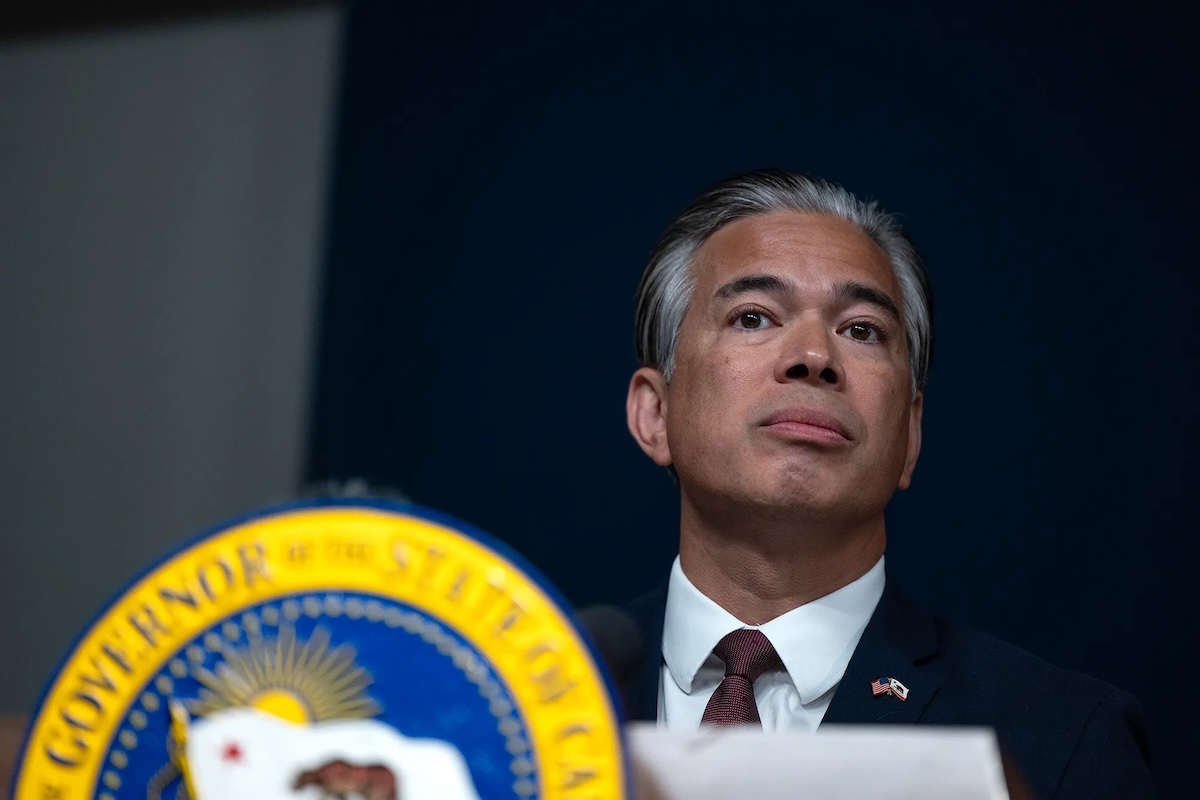

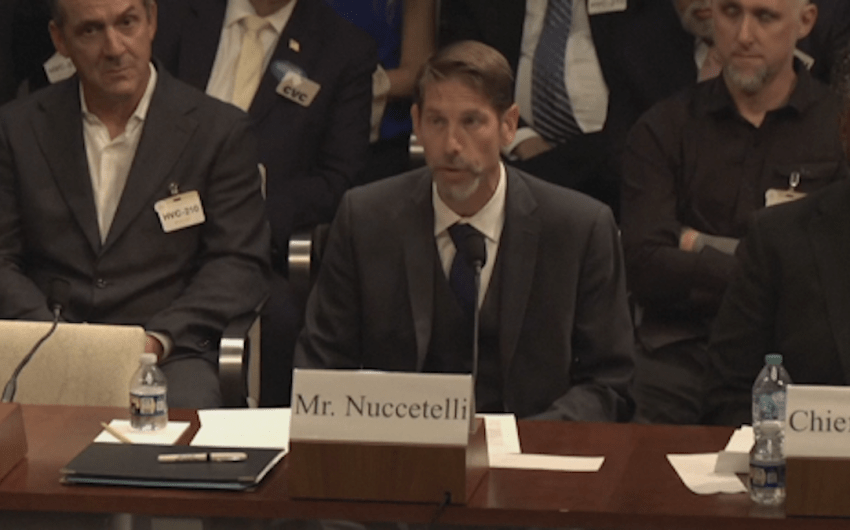
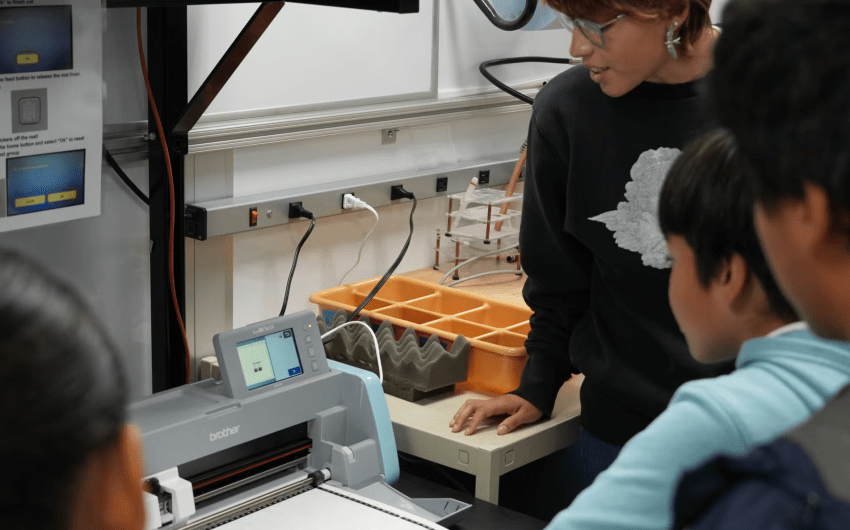






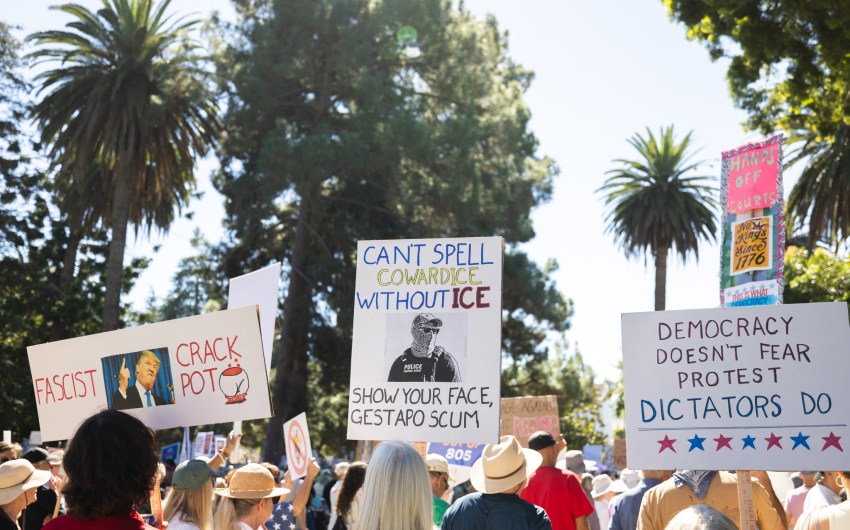






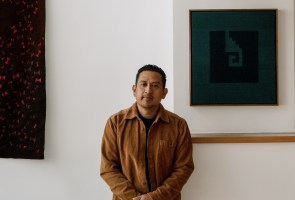








You must be logged in to post a comment.